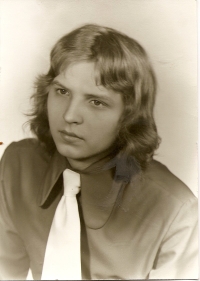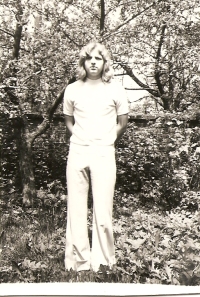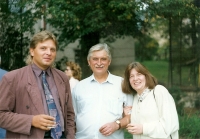With a hat in your hand, you‘ll travel all over the world

Stáhnout obrázek
Jan Mesarč was born on April 26, 1956 and grew up with his mother and grandparents in Vysoké Mýto. In his youth he struggled with problems due to wearing long hair and belonging to a similarly behaving group of people in a small-town environment. After high school he joined the Karosa n. p. in Vysoké Mýto as an untrained sheet metal cutter. In this socialist-controlled factory, he worked his way up through many positions and gradually supplemented his education, and by the end of the 1980s he held a fairly high position, yet after November 1989 he became one of the founders of the Civic Forum in his town. During the Velvet Revolution and in the few years afterwards, he served in the management of Karosa, where he experienced the transition of the company from the socialist system to the world of the market economy.


